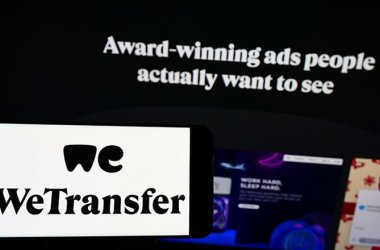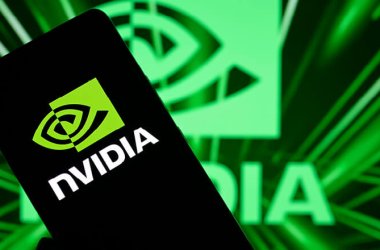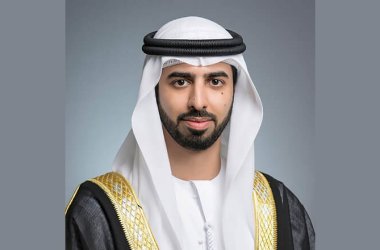A low-cost monitoring system for industrial and other equipment is being launched by the German electronics and engineering giant Bosch, with the UAE’s construction sector a potential market for the technology.
The Bosch Asset Tracing Solution (TRACI) involves attaching to equipment small tracking devices that have a battery life of up to 10 years.
The technology, which was on show at Bosch’s recent ConnectedWorld 2018 Internet of Things conference in Berlin, is targeted at smaller pieces of equipment that lack their own power source.
“You can track the tools that don’t have the energy source,” said Benjamin Luu from Bosch. “The battery can last from three to 10 years; it depends on the application.”
The trackers send information to a central gateway, which in turn passes aggregated data to the cloud.
TRACI uses LoRa technology, a long-range, low-power wireless platform analogous to WiFi, but long range. LoRa is one of a number of Low-Powered Wide Area Network (LPWAN) technologies with diverse IoT applications.
As well as construction, logistics and agriculture are other sectors likely to be interested in the technology.
In addition to having an anti-theft role, TRACI could also be used to track the use of equipment so that efficiency can be optimised. It can also be used for determining charges levied for pay-per-use equipment.
For larger pieces of equipment, tracking devices about the size of a small child’s fist can be screwed on. When it comes to individual tools, much smaller trackers, about as big as a large coin but around 1cm thick, can be attached. Bosch says the system keeps costs manageable by using simple electronics. Users buy individual trackers and pay a monthly fee.
The first nation to have comprehensive LoRa network coverage was The Netherlands, which achieved it in 2016. In areas without coverage, a private network can be set up.





